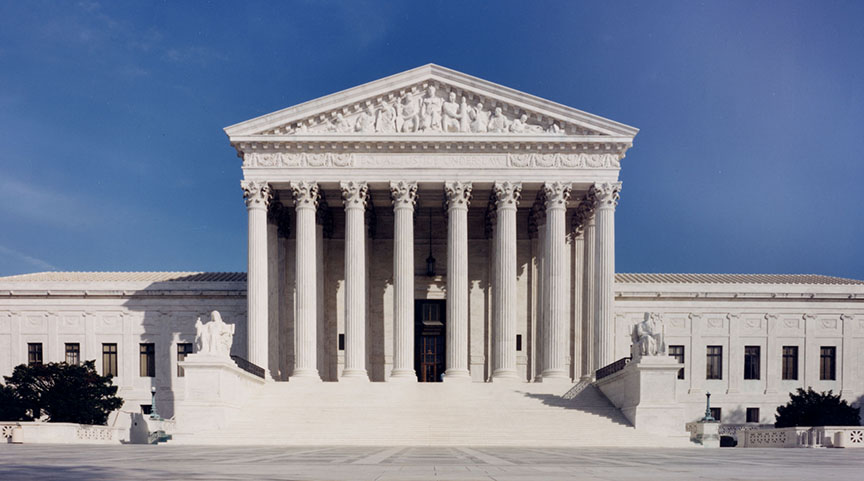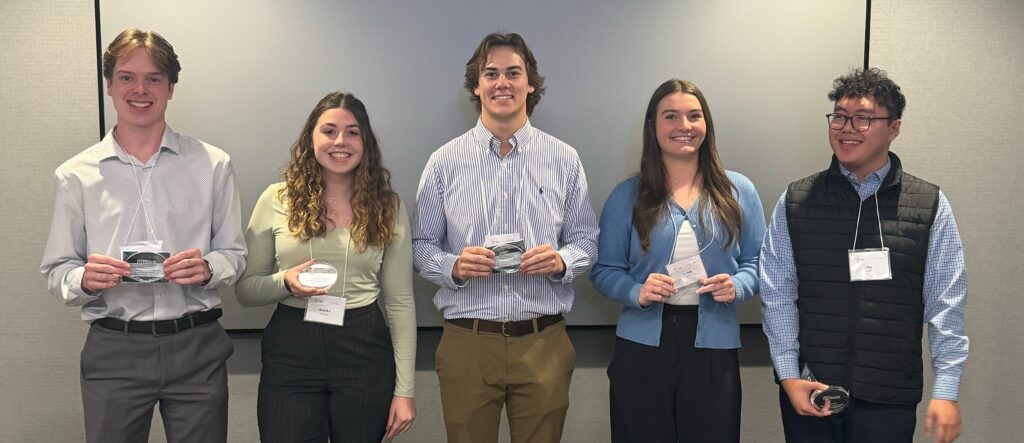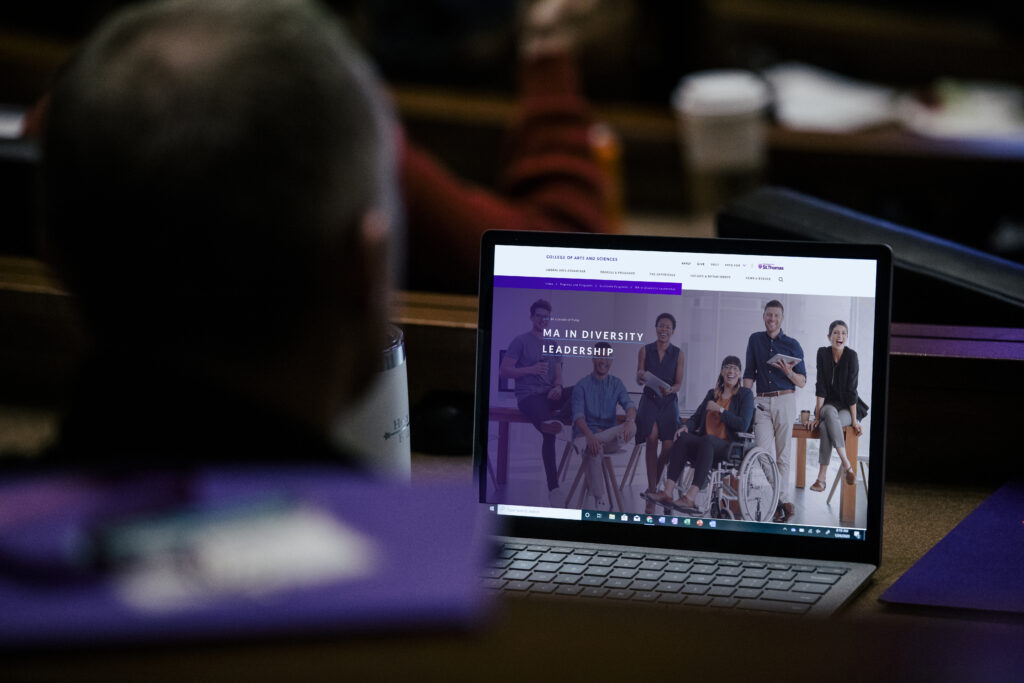University of St. Thomas School of Law professor Teresa Collett has filed three amicus curiae briefs with the U.S. Supreme Court in Dobbs v. Jackson Women’s Health Organization.
The case involves the authority of states to prohibit elective pre-viability abortions and asks the court to rule on the constitutionality of a Mississippi law that prohibits abortions after 15 weeks of pregnancy. Pro-life advocates hope that the Court will uphold the law and, in so doing, overrule Roe v. Wade (1973) and Planned Parenthood v. Casey (1992).

"This is the first time in almost 30 years that the U.S. Supreme Court has shown any interest in permitting states to limit abortion prior to viability, commonly understood to occur at or before 24 weeks of pregnancy," Collett said. "Less than 1% of abortions occur after 15 weeks in Mississippi, and less than 5% occur that late in pregnancy throughout the United States. A win in this case is essential in building a culture of life where the lives of unborn children, and all human beings, are respected and protected in this country."
Collett co-authored one brief in her role as director of the University of St. Thomas Prolife Center. It argues that Roe v. Wade should be overruled and the regulation of abortion, including its prohibition, should be evaluated under the rational basis standard of judicial review. Attorney Paul Benjamin Linton, co-author of the brief, noted that, “The purpose of this brief was to demonstrate that an abortion law with a mental health or an undefined health exception is unworkable in practice and inevitably leads to abortion on demand.”

A second brief was co-authored by Collett with alumna Renee Carlson '08 J.D., general counsel for True North Legal, an initiative of Minnesota Family Council. It makes the case that women and families have been harmed by current abortion law, beginning with Roe v. Wade, and that these harms have not been fully addressed by the court.
“Americans are waking up to the reality that abortion jurisprudence has gravely impacted women and society – and various studies and empirical data expose that truth,” Carlson said. “As a result of Roe and its progeny, for nearly 50 years courts have relied on the perverse notion that abortion is the ‘great rescuer’ of women and girls — we now know how far from the truth that is.”
Several groups joined as parties to the True North Legal brief, namely former Vice President Mike Pence’s Advancing American Freedom, Minnesota Family Council, The Family Leader (Iowa), the Center for Political Renewal, Family Heritage Alliance and Nebraska Family Alliance.
Collett co-authored a third amicus curiae brief with Helen Alvaré of Antonin Scalia Law School at George Mason University and Erika Bachiochi of the Ethics and Public Policy Center on behalf of 240 women scholars, professionals and pro-life feminist organizations. The brief challenges the argument, set out in the Roe and Casey decisions, that the ability of women to achieve economic and social equality depends on abortion.
“For 50 years, society has told women that they cannot be mothers and have successful careers, or that having children is incompatible with their financial goals,” Collett said. “Abortion on demand is touted as the antidote to women’s inequality in the workplace and higher education. Thankfully, these claims are all false as we demonstrate in our brief.”
Signatories on the brief include South Dakota Governor Kristi Noem.
Dobbs v. Jackson is set to be argued during the Supreme Court’s upcoming October term.
Additional resources:
- Read Professor Collett's submission to The Human Life Review's symposium on Dobbs v. Jackson
- Professor Collett’s brief on behalf of 240 pro-life women and organizations was included on the National Review’s list of notable filings
- Professor Collett spoke about Dobbs v. Jackson on the Minnesota Catholic Conference’s “Bridge Builder” podcast
- Professor Collett discusses Roe v. Wade on the National Constitution Center’s “We the People” podcast







